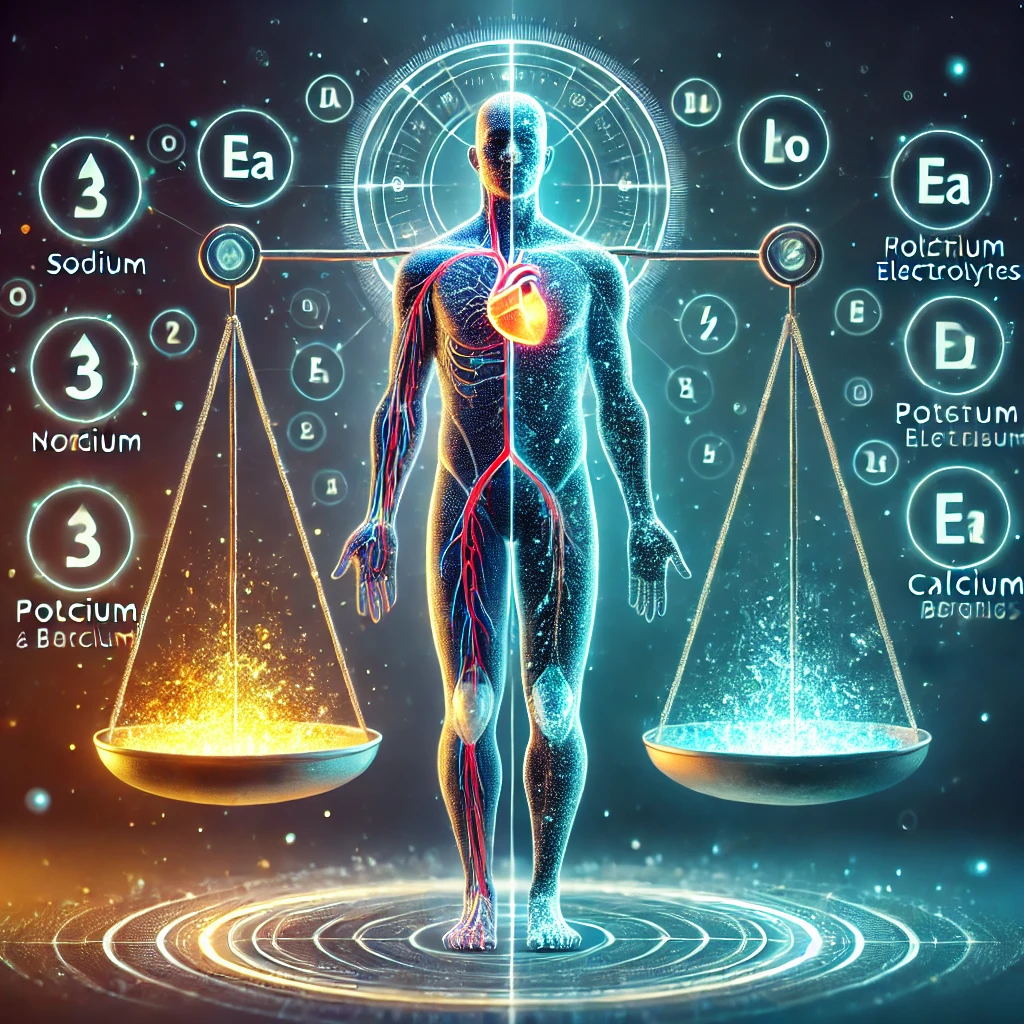Electrolyte Imbalance: Symptoms, Causes, and Solutions
Electrolytes play a vital role in maintaining the balance of fluids within your body, which is essential for various functions such as muscle contractions, nerve transmission, and regulating hydration. An electrolyte imbalance can disrupt these functions and lead to serious health issues. In this article, we’ll explore the symptoms, causes, and solutions for electrolyte imbalances, helping you understand how to maintain proper hydration and mineral balance in your body.
What Are Electrolytes?
Electrolytes are electrically charged minerals, including sodium, potassium, calcium, and magnesium, which are crucial for various bodily functions. They help regulate water balance, control blood pressure, and support the nervous system. A disruption in the balance of these minerals can result in dehydration, muscle cramps, dizziness, or even more severe complications like heart arrhythmias.
Symptoms of Electrolyte Imbalance
Some common symptoms of an electrolyte imbalance include:
Fatigue or weakness
Muscle cramps or spasms
Irregular heartbeat
Confusion or dizziness
Nausea or vomiting
If left untreated, severe electrolyte imbalances can lead to more serious complications such as seizures or kidney damage.
Causes of Electrolyte Imbalance
There are several factors that can contribute to an electrolyte imbalance:
Dehydration: Excessive fluid loss from sweating, diarrhea, or vomiting can lead to low electrolyte levels.
Dietary Deficiencies: A poor diet lacking in electrolyte-rich foods can cause imbalances.
Chronic Conditions: Certain conditions like kidney disease, diabetes, and eating disorders can affect electrolyte balance.
Medications: Some medications, including diuretics and steroids, can lead to electrolyte imbalances.
How to Fix Electrolyte Imbalance
Increase Electrolyte-Rich Foods: Incorporate foods high in electrolytes, such as bananas, spinach, avocados, nuts, and seeds.
Hydration with Electrolytes: If you’re physically active or prone to dehydration, consider consuming beverages with added electrolytes. However, be cautious of sugar-laden sports drinks.
Monitor Your Fluid Intake: Balance your water intake with electrolytes to prevent dilution of minerals in your body.
Consult a Doctor: If you experience severe symptoms, seek medical advice for proper diagnosis and treatment.
Maintaining the right balance of electrolytes is key to preventing and managing imbalances. A healthy diet and mindful hydration can go a long way in keeping your body functioning optimally.
Share this content:











